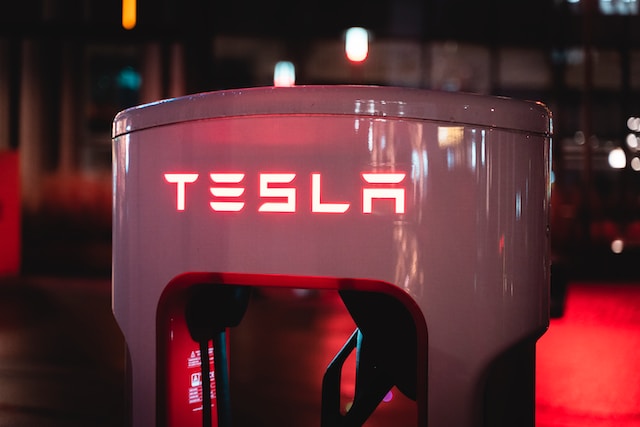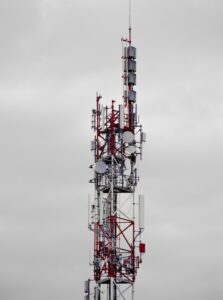As the world continues to prioritize sustainability and cleaner modes of transportation, electric vehicles (EVs) have gained significant traction. With their eco-friendly benefits and cost savings, EVs have become a popular choice for many environmentally conscious individuals. However, one persistent challenge for EV owners has been the lack of standardized charging infrastructure. Addressing this concern, Washington state has unveiled an ambitious plan to mandate Tesla’s charging plug, setting the stage for a major leap in EV infrastructure. This article explores the implications of this game-changing decision and its potential to transform the charging landscape in the state.
The Need for Standardization
The rise of electric vehicles has brought about a diverse array of charging connectors and standards, creating confusion and inconvenience for EV owners. Different manufacturers have introduced their proprietary charging plugs, resulting in a fragmented charging infrastructure. This lack of standardization hampers the widespread adoption of EVs and discourages potential buyers who are concerned about compatibility issues. Recognizing this challenge, Washington state has taken a proactive step to streamline the charging process by mandating Tesla’s charging plug.
Benefits of Tesla’s Charging Plug
Tesla, a pioneering force in the EV industry, developed the Tesla Supercharger Network—a widespread network of high-powered charging stations. Tesla vehicles are equipped with a proprietary charging plug that offers rapid charging capabilities and a seamless user experience. By mandating Tesla’s charging plug, Washington state aims to leverage the existing infrastructure and capitalize on the efficiency and convenience it provides.
Compatibility and Convenience
The adoption of Tesla’s charging plug as a standard across Washington state will ensure compatibility between charging stations and electric vehicles. EV owners will no longer need to worry about carrying multiple charging adapters or facing compatibility issues while traveling across the state. This move will significantly simplify the charging experience, allowing EV owners to charge their vehicles hassle-free, regardless of the charging station’s brand or location.
Rapid Charging Capabilities
Tesla’s charging plug is designed to accommodate high-powered charging, allowing EVs to charge at an accelerated rate. With this plug as the mandated standard, EV owners in Washington state can expect faster charging times, making long-distance travel more feasible and reducing charging-related downtime. This improved charging infrastructure will enhance the overall appeal of EVs, attracting more prospective buyers who prioritize efficiency and convenience.
Boosting EV Adoption
By mandating Tesla’s charging plug, Washington state is taking a significant step toward boosting the adoption of electric vehicles. A standardized charging infrastructure will instill confidence in potential buyers, as they no longer need to worry about the compatibility or availability of charging stations. The convenience and efficiency offered by Tesla’s charging plug will likely attract more EV users, contributing to a greener and more sustainable transportation ecosystem in the state.
Economic Impact
Washington state’s plan to mandate Tesla’s charging plug will not only benefit EV owners but also have a positive economic impact. The widespread adoption of EVs necessitates the expansion of charging infrastructure, creating new job opportunities and driving investments in the state. Additionally, increased EV adoption will contribute to reduced greenhouse gas emissions and promote a cleaner environment for everyone.
Conclusion
Washington state’s decision to mandate Tesla’s charging plug represents a significant milestone in the quest for standardized and efficient electric vehicle infrastructure. By embracing Tesla’s charging technology, the state aims to simplify the charging experience, ensure compatibility, and attract more EV owners. With faster charging times and increased convenience, this groundbreaking initiative is poised to revolutionize the EV landscape in Washington state. As other regions take note of this progressive move, we can hope for a future where standardized charging infrastructure becomes the norm, driving us closer to a sustainable transportation revolution.












